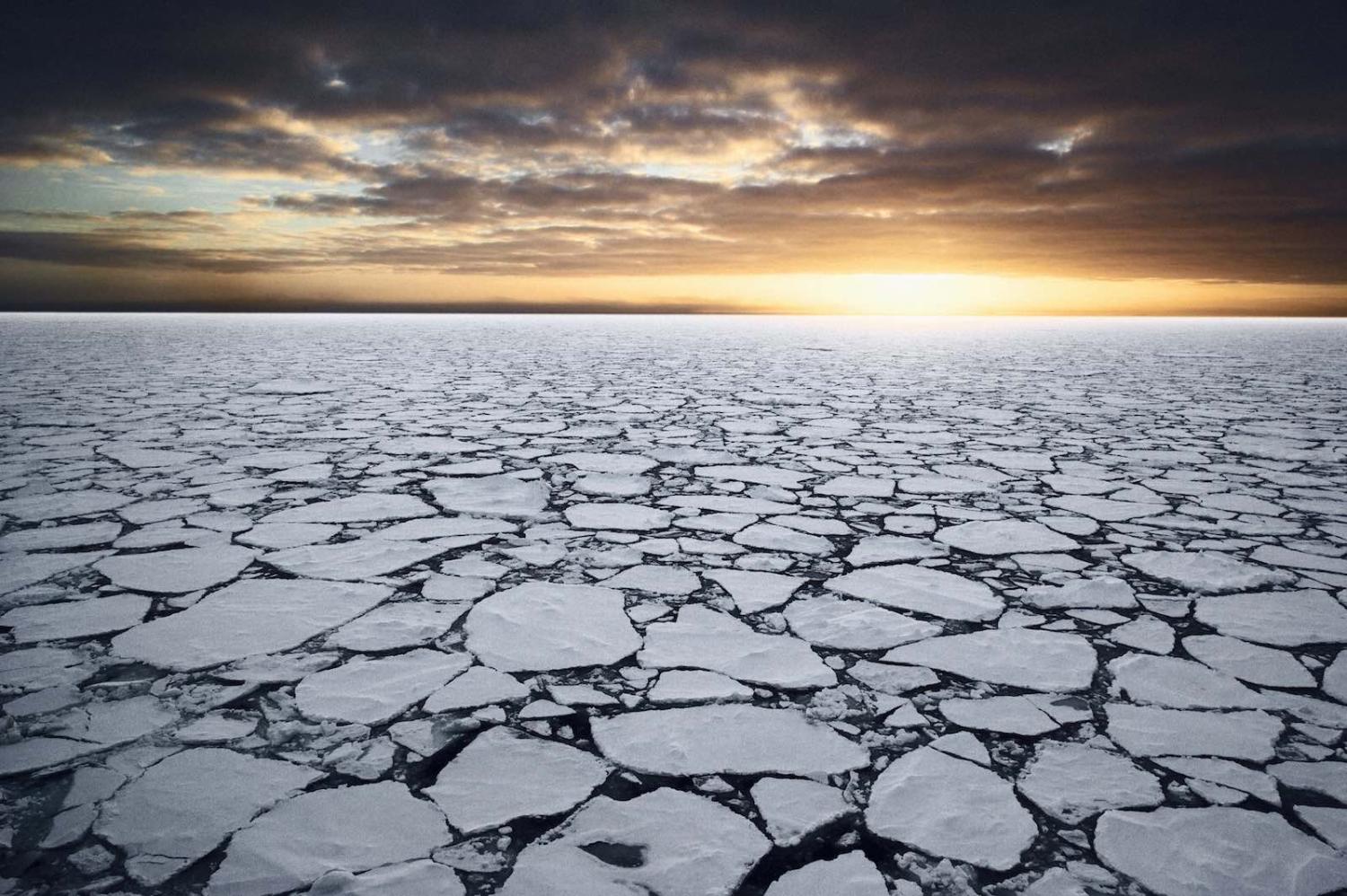For all the back-and-forth Hugh White has generated with his latest book, How to Defend Australia, in a national preoccupation with the China question, little serious discussion has been devoted to how to defend Australia’s southern front and cope with China’s increasing Antarctic footprint.
But recent debate on The Interpreter has hinted at this growing challenge.
Nengye Liu (The heights of China’s ambition in Antarctica) raised the implications for broader Antarctic governance in the rejection of China’s “Dome A” proposal, an area inside what is claimed as Australian Antarctic Territory (AAT). Liu rightly warns that continued opposition to Chinese influence in the Antarctic “may strengthen China’s suspicion and mistrust” of the Antarctic Treaty System (ATS), which has governed the continent for the past 60 years.
Despite arguing the Chinese proposal is valid in in terms of the ATS, Liu also notes “Beijing should learn how to temper its use of power”. This is an ambitious hope that perhaps is better seen as wishful thinking. China has no real incentive to practice restraint on a continent it invests billions in (from technical expertise, personnel training, to new icebreakers) and on which it recognises no territorial claims.

Anthony Press (The importance of trust in preserving Antarctica’s future) countered Liu by dismissing the notion that the Antarctic is at any serious risk of becoming a venue for conflict, instead seeing “trust” as key to international cooperation and collaboration in scientific research, as well as preserving the sanctity of the ATS. “Conflating unrelated areas of law and policy” was unhelpful, Press declared, also reminding us that “China is engaged constructively in many areas” of the Antarctic. He sees the ATS consensus-driven governance as adequate to “work through differences of views”.
What constituted “peaceful purposes” and what was recognisable as “conflict” in the late 1950s is vastly different to the present.
Yet both Liu and Press sidestepped the crucial point. The fact is, the strategic environment is departing rapidly from what the ATS represents. Indeed, pushback against Beijing’s proposals most likely stems from fears of Chinese expansion in the region, but it could equally be driven by the reality that the parties themselves are unsure of each other’s intentions in the Antarctic. Put another way, do we seriously accept there is any real consensus that territorial claims to the Antarctic will remain frozen?
Canberra has adopted a strategy on Antarctica merely focused on protecting the integrity of the ATS and ensuring this existing status-quo system remains in place. After all, the ATS affords Australia a significant stake in the continent that it otherwise has no way of defending should it ever be required to. In defence spending terms, the ATS offers a cost-effective solution.
But what debate there is in Australia about the Antarctic’s future is too readily separated into silos – among legal eagles who know the law, scientists who fall back on their own lived experiences of deep international collaboration, strategic experts seen as warmongers, or journalists dismissed for peddling “hot air” reports. There is little effort to break down these walls, or test what is an unrealistic assumption that the existing treaty system will remain in place.
As a consequence, the Australian public, I suspect, buys the fallacy that the country has an accepted territorial claim to about 42% of the Antarctic. Meanwhile, states such as China and Russia are laying the groundwork (literally) to ensure their interests in the Antarctic.

Recent global experience has shown that it’s past time to end the reverence for an international structure which is disintegrating. What is emerging is a new multipolar power dynamic which will necessarily have a new operating manual and new set of rules. The Antarctic is not immune from these forces. As such, the debate around Australia’s strategic interests in Antarctica needs to be reorientated away from cosy assumptions that place too much credence on the existing ATS. As a salient example, Russia recently stated the ATS has “fulfilled its historical role” and needs to be replaced, in a working paper submitted to the 42nd Antarctic Treaty Consultative Meeting held this year in Prague.
In the end, it will take only one country to simply “opt out” of the treaty to secure its interests and bring down the edifice of the present system. And once the extent of these competing interests in regions including the AAT is revealed, how exactly does Australia respond? Is the Australian Defence Force capable or equipped to defend Australia’s claim? It is simple enough to label such concerns as alarmist. But for Australians, we do so at our own expense.
The ATS was crafted at a far different time. Notions of “peace” and “war” are now blurred. What constituted “peaceful purposes” and what was recognisable as “conflict” in the late 1950s is vastly different to the present. It can be expected that powers such as China will push the boundaries in the Antarctic and demonstrate further the increasing fragility of the current approach to governance. Calls to have faith in the existing processes and legal architecture are careless if contemporary changes are not acknowledged.
The ATS was created to “suspend” territorial claims until a later stage and it is clear Beijing and Moscow in particular have been thinking in “later stage” terms for some time. Without the ATS, Australia loses its relevance as a capable actor in Antarctica. So instead of faithfully depending only on the existing system, Australians need to answer a different question: Are we really content to gamble on the chance that Australia won’t ever be positioned to have to physically defend our Antarctic interests or the AAT? This is the direction our domestic debate must now take.

